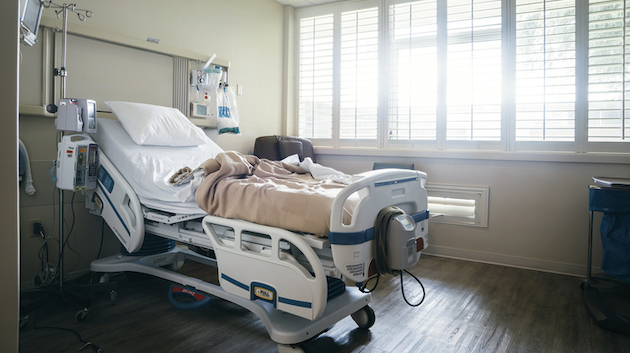(FLORIDA) — Cases of leprosy are rising in Florida, according to a new analysis published in the Centers for Disease Control and Prevention’s Emerging Infectious Diseases (EID) journal.
Although the disease is still rare in the U.S. — with just 159 cases reported in 2020 — a study released Monday from the EID and shared by the CDC found that Central Florida accounts for a bulk of those cases.
Central Florida appears to have the highest concentration of cases in the Sunshine State, with the region accounting for nearly one-fifth of reported cases in the U.S.
Leprosy, also known as Hansen’s disease, is a lingering infectious disease caused by the acid-fast rod Mycobacterium leprae. The disease mostly impacts the skin and the peripheral nervous system, according to the EID. Today, the disease is curable with antibiotics.
“Leprosy has been historically uncommon in the United States; incidence peaked around 1983, and a drastic reduction in the annual number of documented cases occurred from the 1980s through 2000,” the EID said in its report. “However, since then, reports demonstrate a gradual increase in the incidence of leprosy in the United States.”
Most of the cases from 2020 were from Florida, California, Louisiana, Hawaii, New York and Texas, according to the Health Resources and Services Administration.
In recent decades, cases have been from travelers coming to the U.S. Now, researchers are pointing out that roughly one-third of cases from 2015 to 2020 appear to have been acquired locally, suggesting the disease is being transmitted in the U.S., either from person-to-person or from contact with animals like armadillos.
In 2015, one Florida county reported an increase in leprosy cases, where three people were diagnosed with the disease in five months.
Barry Inman, an epidemiologist for the Brevard County Department of Health, previously told ABC News that some of those infections from 2015 came from people interacting with armadillos, a known carrier of the disease.
This story has been updated.
Copyright © 2023, ABC Audio. All rights reserved.












